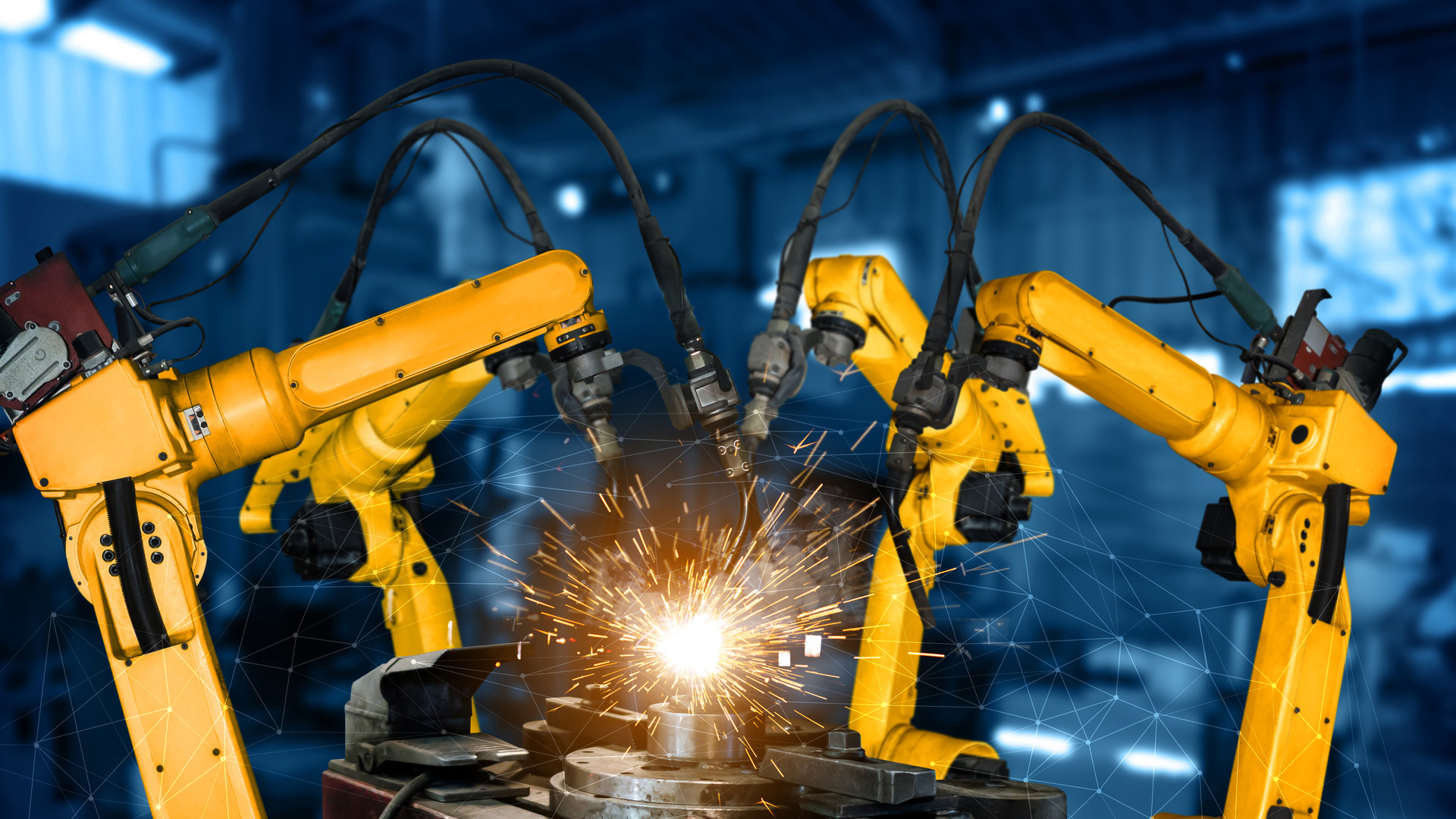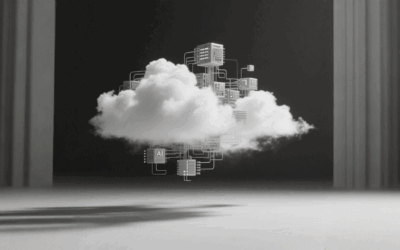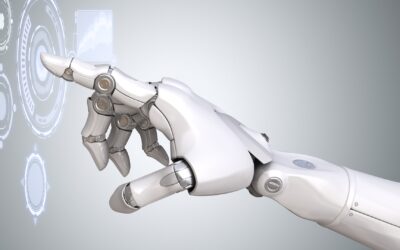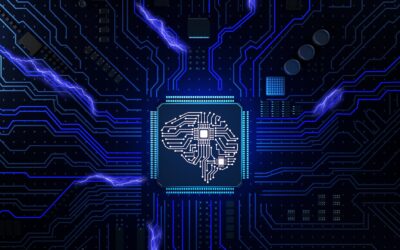AI Takes Manufacturing Beyond Industry
Industry 4.0 organized assets on the shop floor and relieved much of the dirty and dangerous physical labor in the plant. Artificial intelligence (AI) is going further. These software systems are beginning to replace some of the human decision-making. The idea is that AI can make decisions based on far more data than a human brain can manage. Also, AI and make decisions without bias.
TIBCO Software explains four ways that AI is impacting manufacturing:
Supply Chain Optimization: AI can automate and speed up the normally manual and tedious process of lining up all the orders, purchases, and materials needed for production. By augmenting the process with AI, organizations can manage their supply chains more efficiently. That includes tracking supplies and finished goods from the manufacturing floor through delivery.
Predicting Demand: Manufacturers are beginning to use AI and machine learning to analyze customer behaviors and project future buying patterns. The intelligence is then passed onto teams in charge of the manufacturing process so they can increase or decrease production.
Quality Assurance and Error Detection: Visual inspection tools tied into AI software finds defects on production lines. With machine vision cameras, the systems can find errors quickly and accurately. It’s better than the human eye.
Lights-Out Factories: Using AI, robotic equipment requires minimal human intervention. This lets companies reduce costs by eliminating the things humans require that robots typically do not, such as lighting and other environmental controls.




